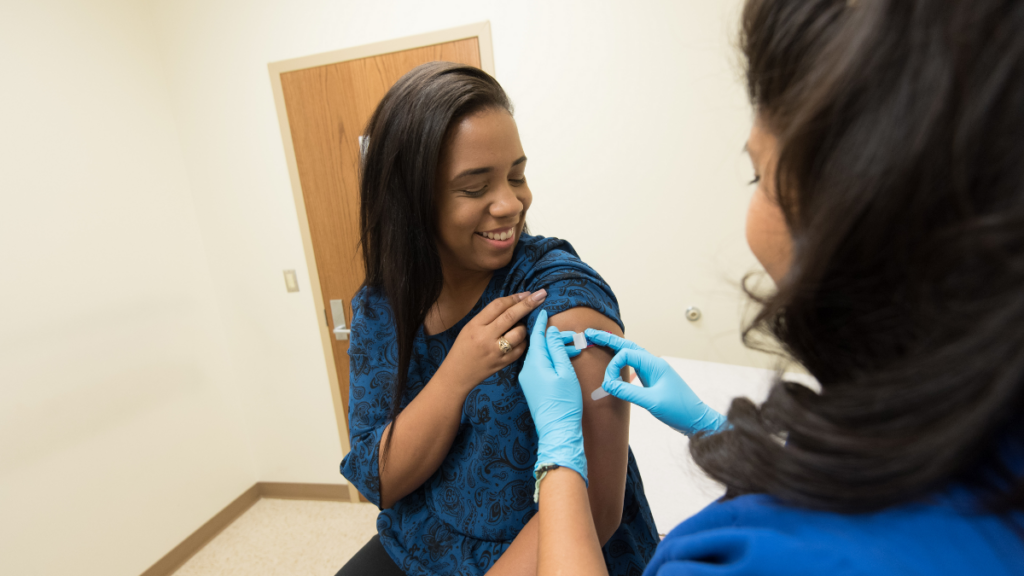
Vaccines offer protection from preventable diseases. You need this protection throughout your life. Vaccines help your body fight off infections and keep you from getting seriously ill. Keeping up to date with vaccines is the best way to protect yourself and your family from certain diseases.
Vaccines for children
Vaccines protect children from sickness that can cause long-term health problems. It is especially easy for infants and young children to get very sick from certain diseases, even from the flu. Getting very sick can cause health issues in the future. Children under 5 years of age who get the flu are much more likely than adults to have to go to the hospital.
The Centers for Disease Control and Prevention (CDC) provides a recommended child immunization schedule for children from birth through 18 years old. The schedule is based on how your child’s immune system responds to vaccines at different ages. It is also based on how likely your child will be exposed to a certain disease.
Talk to your child’s doctor about what vaccines your child needs. Keeping your child up to date with vaccines adds protection as they grow and helps them be healthy.
We have an infant wellness map to help you keep up with the vaccines your baby needs from ages 0-12 months. It’s pocket-size so you can take it with you to your baby’s doctor visits. To get an infant wellness map, call our Health Education Line at 800-700-3874, ext. 5580 (TTY: Dial 711).
Get gift cards totaling up to $250 by making sure your child is up to date with vaccines and checkups from ages 0-21. Check out our member page for more details.
Vaccines for adults
Vaccines aren’t only needed during childhood. You need vaccines throughout your life. Adults need to keep up to date with their vaccines because protection from childhood vaccines can wear off over time. There are also different diseases that adults might be at risk for.
The CDC provides a recommended adult immunization schedule. There are vaccines that all adults need, such as a yearly flu vaccine. Other vaccines that adults might need are based on age, health conditions, job, lifestyle or travel plans. Your doctor will know which vaccines are right for you.
Make sure you and your children get all your vaccines to stay healthy. Talk to your doctor about which vaccines you need and when you need to get them.
If you are a Medi-Cal member and you need help getting health care services, we are here for you! Please call our Member Services team at 800-700-3874, Monday-Friday from 8 a.m. to 5:30 p.m.
Alliance Language Assistance Services
The Alliance has language assistance services so that you and your doctor can understand and talk to each other. As an Alliance member, you have the right to these language assistance services at no cost:
- Aids and services to people with disabilities to help them communicate better, such as:
- In-person qualified American Sign Language interpreters.
- Written information in other formats such as large print, audio, accessible electronic formats or other formats.
- Language assistance services to people whose primary language is not English, such as:
- Qualified interpreters, either in-person or over the phone.
- Written information in other languages.
For help with getting an interpreter or written information in your language, please call the Alliance Health Education Line at 800-700-3874, ext. 5580.
If you need language assistance, we have a special telephone line to get an interpreter who speaks your language, available to you at no cost. For the Hearing or Speech Assistance Line, call 800-735-2929 (TTY: Dial 711).
Source for vaccine information: Centers for Disease Control and Prevention (CDC)



